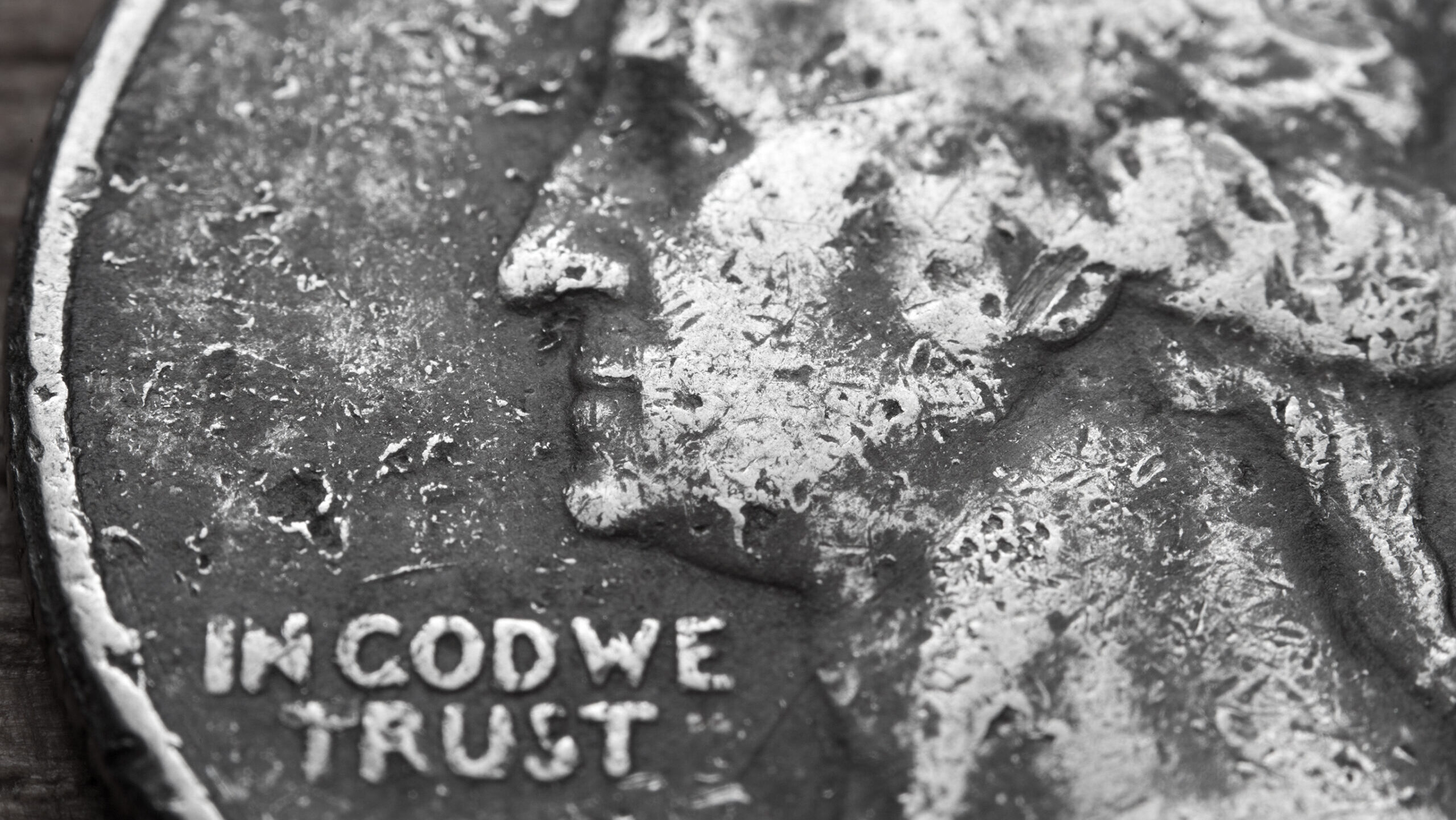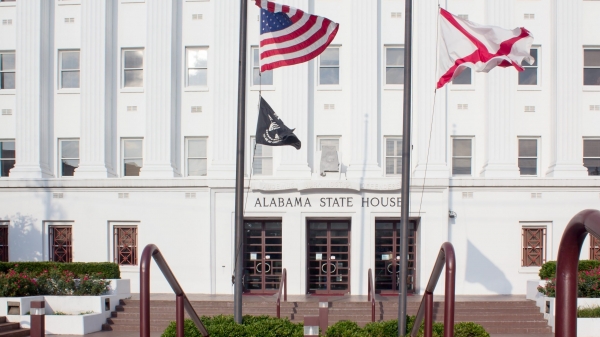When Speaker of the House Nathaniel Ledbetter decided to add the words, “In God We Trust,” above the Alabama House vote tally board, it was a small gesture with deep historical resonance. At first glance, the phrase might seem like an overtly religious statement, but it is rooted in a tradition of invoking faith as a source of unity and inspiration rather than division. Ledbetter’s decision calls back to the ideals of our nation’s Founders, who carefully acknowledged divinity in a way that embraced all beliefs rather than endorsing one.
Speaking with Greg Davis on “Priority Talk,” a radio program connected to the Alabama Citizens Action Program, Ledbetter explained his reasoning. “It was just the right thing to do. And I got to thinking, with everything that’s going on, with all the turmoil, if somebody looked up and was able to read that, maybe that would make them feel like they’re in a better place or make the decision that they feel led to be made.”
Ledbetter’s sentiment, though personal, mirrors the approach taken by many of America’s Founding Fathers. When Thomas Jefferson penned the Declaration of Independence, he wrote of “Nature’s God” and “the Creator,” deliberately avoiding sectarian language. These phrases reflected the Enlightenment principles of his time, emphasizing universal truths accessible through reason and natural law. Jefferson later wrote in Notes on the State of Virginia, “It does me no injury for my neighbor to say there are twenty gods or no god. It neither picks my pocket nor breaks my leg.” His words highlight the belief that faith—or the lack of it—is deeply personal and should never be imposed by the government.
This principle was further reinforced by James Madison, the “Father of the Constitution,” who argued in his Memorial and Remonstrance Against Religious Assessments that religion must be left to the conviction and conscience of each individual. The Founders, despite their diverse beliefs, shared a commitment to religious liberty and pluralism, deliberately avoiding the codification of any one faith into law.
The phrase “In God We Trust,” officially adopted as the national motto in 1956, has been upheld by courts for its ceremonial and historical significance rather than its religious implications. Its use, much like the Founders’ invocations of “Providence” or “the Supreme Being,” reflects an effort to inspire and unify rather than prescribe specific religious adherence. Figures like George Washington and Benjamin Franklin understood the importance of faith as a moral compass, but their language remained inclusive, acknowledging the diversity of belief in the fledgling nation.
Ledbetter’s addition of “In God We Trust” follows this tradition of acknowledging faith as a shared value while respecting the diversity of conscience. While America’s demographics are largely Christian, the beauty of this nation lies in its ability to accommodate those of all faiths and none. As Thomas Paine wrote in The Age of Reason, “I believe in one God, and no more; and I hope for happiness beyond this life. I believe in the equality of man; and I believe that religious duties consist in doing justice, loving mercy, and endeavoring to make our fellow-creatures happy.” Paine’s words serve as a timeless reminder that faith, at its best, inspires compassion and justice.
At a time when questions of faith and governance often stir division, Ledbetter’s gesture reminds us of the enduring values that have guided this nation. By invoking a phrase with roots in both history and hope, he reflects the Founders’ vision of a society where shared principles unite us without imposing conformity. It is a subtle but significant affirmation of what makes America exceptional: the freedom to believe—or not believe—while respecting the beliefs of others.




















































